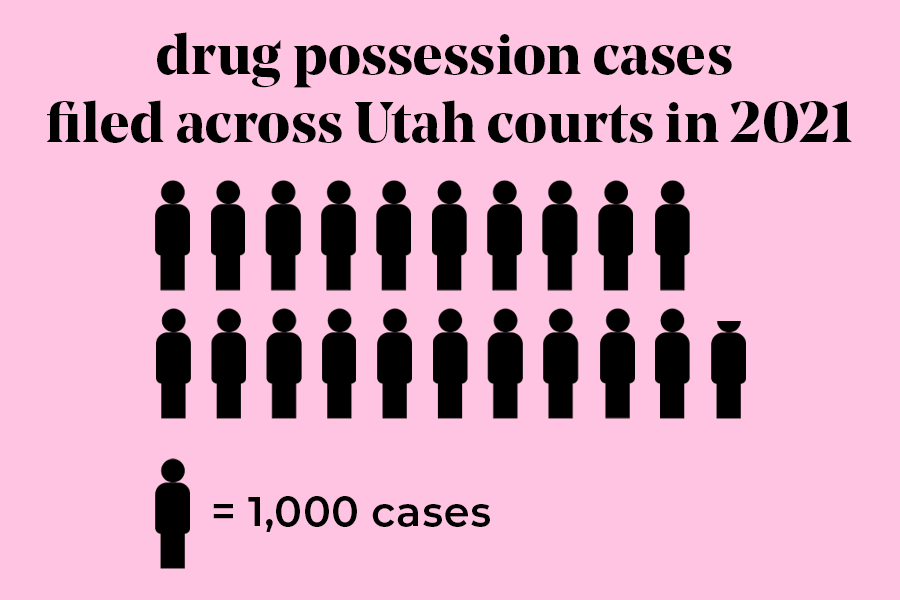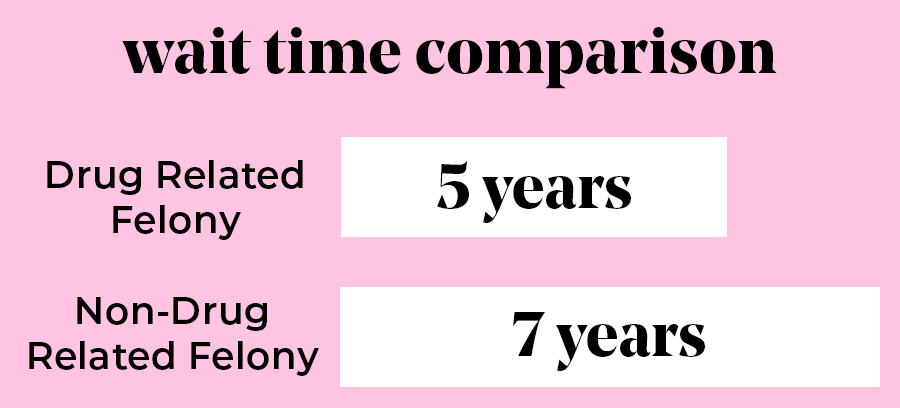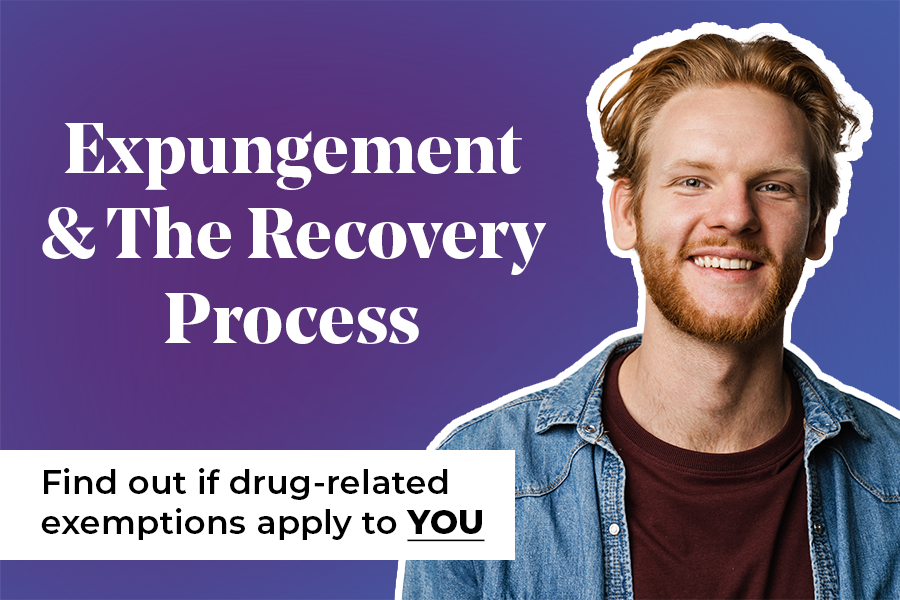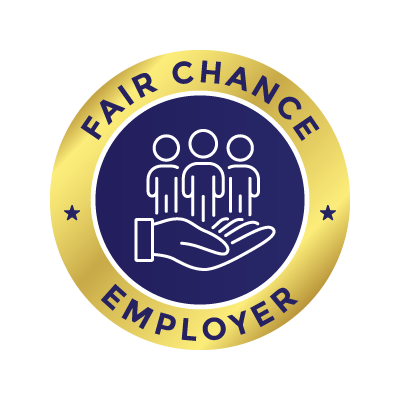September is National Recovery Month and all across the state, people are coming together to support, recognize, and celebrate people in recovery. During this month-long celebration, USARA will be holding multiple Recovery Day events across Utah to advocate for evidence-based treatment and raise awareness of recovery resources. These events will feature vendors, speakers, food trucks, live music, and more.
Individuals living with a substance use disorder and those convicted of drug-related crimes are overrepresented in the criminal justice system. According to the National Institute of Drug Abuse, approximately 85 percent of the US prison population has an active substance use disorder or were under the influence of drugs or alcohol at the time of their crime. Of that majority, less than half receive treatment, despite evidence suggesting that rehabilitation and access to comprehensive care during and after involvement with the justice system is a strong indicator of sobriety upon release.

Drug possession is the most common criminal record in Utah. In 2021 alone, 20,909 drug possession cases were filed across Utah courts, as detailed by the Utah Commission on Criminal and Juvenile Justice (pg. 34). Given the cycle of addiction and the often inability to link those struggling to the resources they need, once someone enters the criminal justice system with a drug-related charge, it is likely they will be convicted of other drug-related offenses over time.
Recognizing that those who struggle with substance use are likely to have a longer record, the Utah Legislature broadened expungement laws to help those with multiple, eligible drug-related charges to get their record cleared.

There are higher numerical limits on the total number of records someone with drug-related cases can have and still be eligible for expungement. If it has been less than 10 years since the person’s involvement in the justice system, they can have up to 2 felony drug possession cases or 4 drug-related convictions of any degree. Once it has been 10 years since someone’s most recent conviction, a person can have an unlimited number of drug possession cases of any severity level, and still be eligible for expungement. Additionally, rather than the typical 7-year waiting period for non-drug related felonies, felony drug offenses require only a 5-year waiting period.
A systemic lack of accessible, patient-focused, and trauma-informed treatment does a disservice to those who are struggling with substance use across the country. Recovery promotes mental, emotional, and physical health, fosters community, and improves public health and safety. Recovery is achievable for everyone with meaningful support and accurate information.
Rasa talks to people in recovery every day, and we have seen how clearing a criminal record supports a person on their recovery journey. In support of the recovery community, Rasa will be:
- attending select Recovery Day events across Utah and providing free use of our eligibility tool;
- giving away a free expungement (not including government fees) to one person for each day of Recovery Month;
- collaborating with USARA to raise money for our Second Chance Fund, a place where individuals, businesses, and community partners can make a tax-deductible contribution to help cover the cost of government fees.





